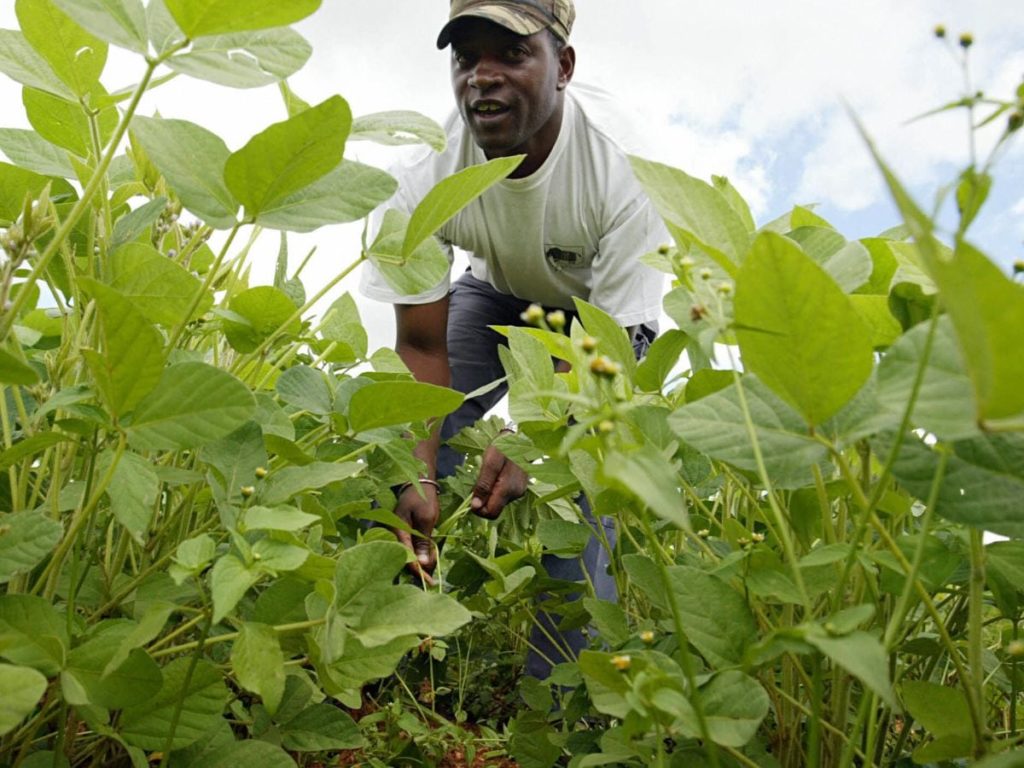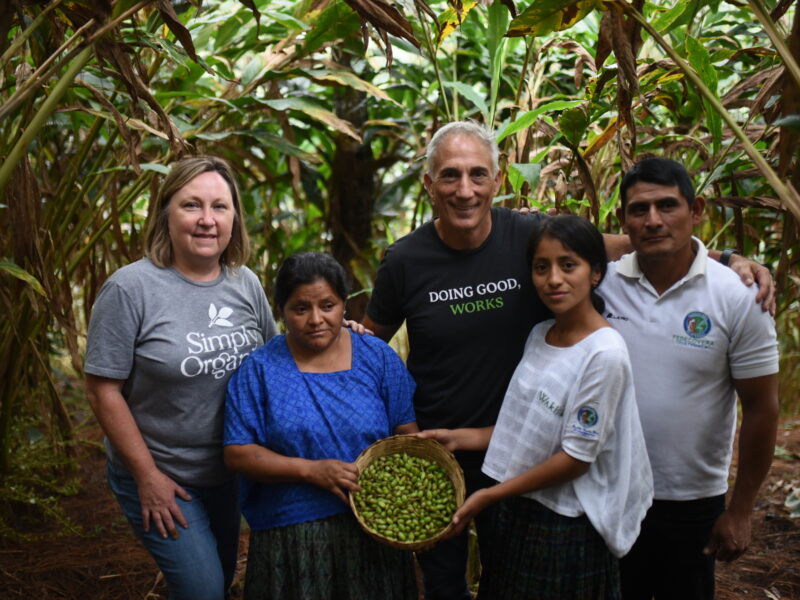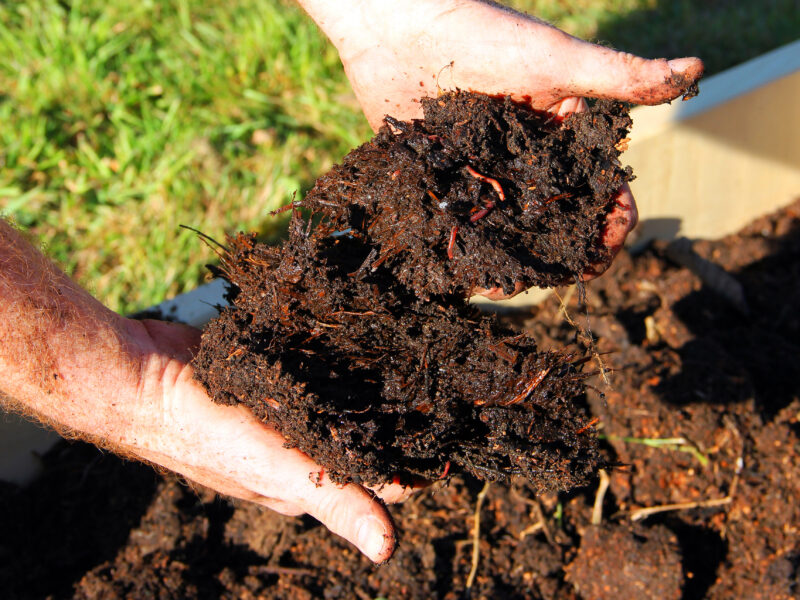A year-round vegetable farm in Fresno, California is changing the narrative on farming for black youth – the job-skills program is an investment in the city’s youth. In the wake of the new study showing global insect collapse, scientists are recommending buying organic food and avoiding the use of pesticides in our gardens. Watching a caterpillar turn into a butterfly is incredible, and good for the planet, too. Learn how to raise Monarch butterflies in a new guide from Good Housekeeping. Large-scale, industrial agriculture is often held up as the solution for feeding the world’s growing population, but small farms produce over 70 percent of the world’s food. In glyphosate news, two New York City council members introduced legislation that would ban city agencies from spraying glyphosate-based herbicides and other toxic pesticides in parks and other public spaces. And finally, a new study says evidence ‘supports link’ between exposure to glyphosate and increased risk of cancer.
Fresno’s Freedom School is Changing the Narrative on Farming for Black Youth
The year-round vegetable farm and job-skills program is an investment in the city’s African-American youth.
Buy organic food to help curb global insect collapse, say scientists
Urging political action on pesticide use is another way to help stem “collapse of nature.” In the wake of the new study showing global insect collapse, scientists are recommending buying organic food and avoiding the use of pesticides in our gardens.
How To Raise Monarch Butterflies—And Why You’d Want To
Watching a caterpillar turn into a butterfly is incredible, and good for the planet, too.
Why we need small farms
Large-scale, industrial agriculture is often held up as the solution for feeding the world’s growing population. But small farms—with about 25 acres or less—along with family-run operations like Masumoto’s produce over 70 percent of the world’s food.
NYC leaders join calls for ban on Monsanto herbicide
Two New York City council members introduced legislation that would ban city agencies from spraying glyphosate-based herbicides and other toxic pesticides in parks and other public spaces.
New study questions practice of desiccation with glyphosate herbicide
Study says evidence ‘supports link’ between exposure to glyphosate and increased risk of cancer.









